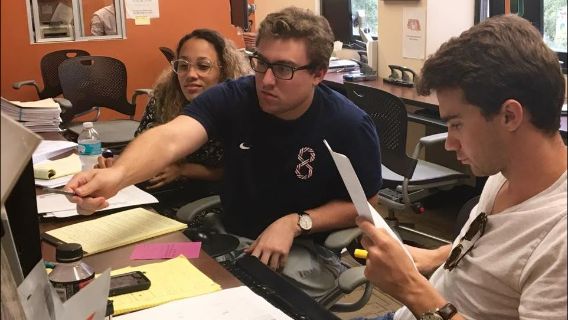
Clinics
Miami Law’s 9 clinics offer students an immersive opportunity to build transferable lawyering skills representing actual clients, while providing critical legal services to underserved clients and communities.
Experiential learning is central to Miami Law’s mission to prepare students with a continuously innovative curriculum that responds to today’s pressing legal problems. In 2025 we were #24 in clinical training in U.S. News specialty rankings. No matter what area of law students want to pursue, every student can gain practical experience and develop core competencies used by lawyers.

Miami Law’s 9 clinics offer students an immersive opportunity to build transferable lawyering skills representing actual clients, while providing critical legal services to underserved clients and communities.
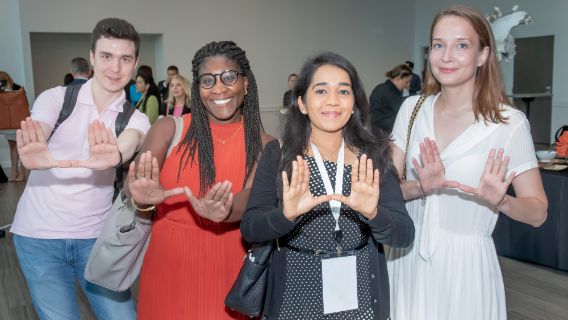
Miami Law offers 65+ experiential courses that help students engage in the kind of real-world lawyering that normally takes place outside the classroom.
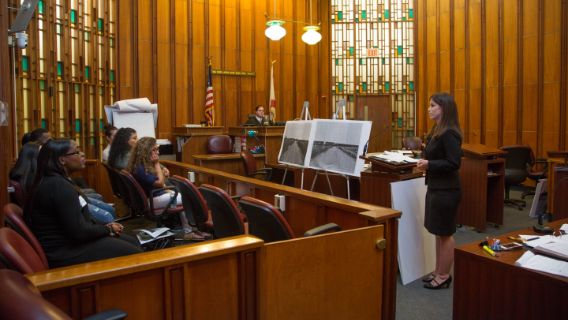
Miami Law’s Litigation Skills program offers rigorous courses on the theory and practice of pre-trial and trial advocacy. Using realistic case files and simulations, students practice their lawyering skills every week in small sections and get feedback from highly experienced federal and state court lawyers and judges.

Miami Law’s Transactional Skills program offers practice-oriented courses. Through a combination of lectures and simulations, students learn and practice skills such a client communication, negotiation, drafting various contracts and transactional documents and due diligence.
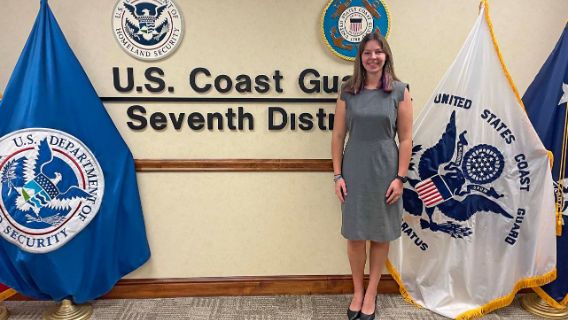
Externship courses provide students practical legal experience, while participating in a class focused on professional identity formation and practice skills. Students work with public interest organizations, government agencies, judges and in-house law departments in any practice area they choose.
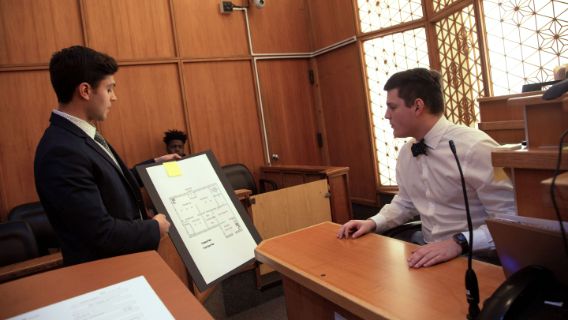
Miami Law offers 3 options for students to learn how to litigate a case doing what attorneys do in real life. Students act as counselors and advocate the different sides of a case through the Trial Team, International Moot Court Program, and Papy Moot Court Board.
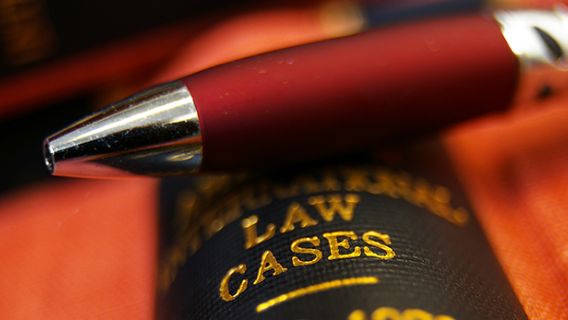
The 5 law reviews at Miami Law afford students the opportunity to participate in legal commentary with relevant scholarly articles, student notes, and comments pertaining to areas of professional legal interest and some of the most timely and cutting-edge legal thought.

For students looking to learn more about international law beyond the classroom, Miami Law offers multiple opportunities with 25+ international exchange programs in 13 countries to earn credit overseas plus our innovative Law Without Walls program.
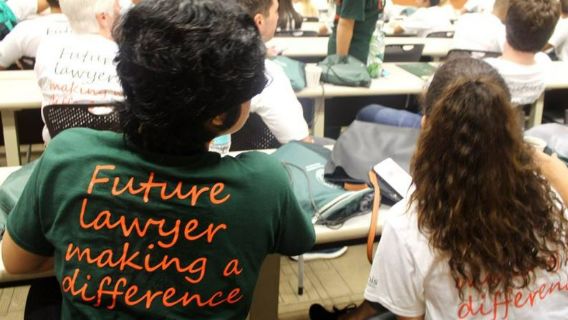
For law students committed to advocacy and service, the HOPE Public Interest Resource Center is the hub for public interest and community engagement for Miami Law students. It provides individualized guidance to identify programs, clinics, projects, courses, and all public interest opportunities at the law school and beyond.
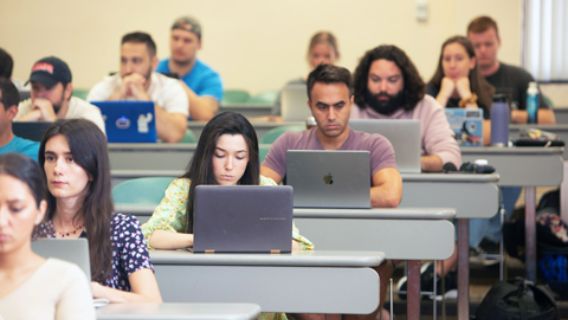
The Legal Communication & Research Skills program provides comprehensive training in legal analysis, research, and writing and uses simulated client cases to produce practice-ready students.